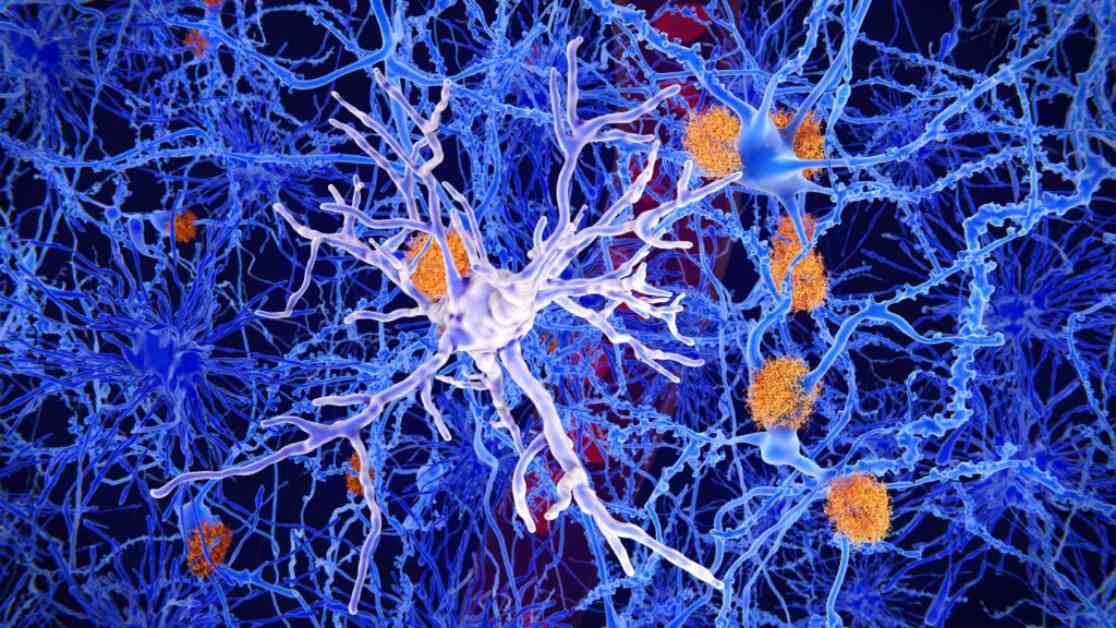Alector Therapeutics announced that their Phase 2 trial for a potential Alzheimer’s antibody, known as AL002, was unsuccessful. This setback is disappointing as the drug was considered a promising approach to treating the neurodegenerative disease.
The main goal of AL002 was to activate microglia, a type of immune cell in the brain that helps surveil and protect neurons. The belief was that by modulating the brain’s immune system, the progression of Alzheimer’s could be slowed down. However, in the trial involving 381 participants, those who received AL002 did not show a slower decline compared to those on a placebo. The Clinical Dementia Rating Sum of Boxes scale, which measures disease progression, did not indicate any significant difference between the two groups. Additionally, the trial did not demonstrate any effects on cognitive and functional measures, nor did it impact biomarkers associated with Alzheimer’s, such as amyloid levels.
This news is a setback for Alector Therapeutics and the field of Alzheimer’s research, as finding effective treatments for this devastating disease remains a significant challenge. Despite this setback, researchers and scientists continue to explore various approaches to combat Alzheimer’s, highlighting the complexity of the disease and the need for innovative solutions.
Alzheimer’s is a progressive disease that affects millions of individuals worldwide, causing memory loss, cognitive decline, and ultimately, the loss of independence. The failure of AL002 underscores the importance of rigorous clinical trials and the unpredictable nature of drug development. While disappointing, this outcome provides valuable insights that can guide future research efforts and hopefully lead to better treatment options for Alzheimer’s patients.
Moving forward, it will be crucial for Alector Therapeutics and other companies in the biotech sector to learn from this experience and refine their strategies for developing potential Alzheimer’s treatments. Collaborations between researchers, healthcare providers, and pharmaceutical companies will also be essential in advancing our understanding of the disease and developing more effective therapies.
Despite this setback, the pursuit of finding a cure for Alzheimer’s remains a top priority in the medical community. The challenges faced in this Phase 2 trial serve as a reminder of the complexity of Alzheimer’s and the importance of continued research and innovation in the field of neurodegenerative diseases.


















